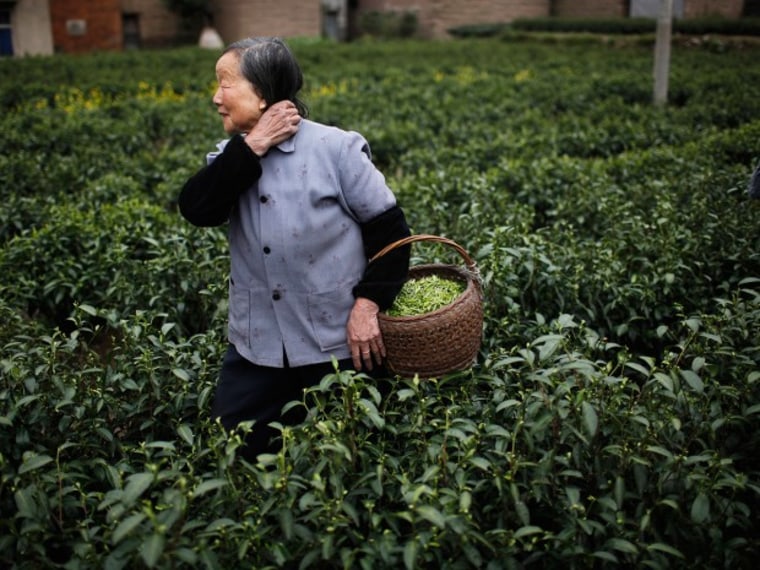The World Health Organization predicts women will live longer by 2050, but not in all countries unless more preventative measures are taken.
The life expectancy for women older than 50 has increased in recent decades, but the gap between low- and high-income countries could grow if better health treatments aren't adopted, according to a new World Health Organization (WHO) study.
Noncommunicable diseases--particularly cancers and cardiovascular diseases--are the "overwhelming causes of death everywhere in the world" for older women from all economic statuses, according to WHO. Cardiovascular diseases account for 45% of these deaths, followed by 15% from mainly lung, breast, colon, and stomach cancers, and 10% from chronic respiratory conditions.
Deaths of women worldwide will increase substantially by 2050 because cardiovascular diseases and cancer will most likely worsen without advanced treatment, especially in low- and middle-income countries, according to the study. For example, breast cancer deaths in high-income countries have declined likely because of better treatment.
Cardiovascular deaths are expected to increase by 8 million and cancer deaths by 3.6 million in less than 40 years.
Women in low- and middle-income countries die of these two leading causes at younger ages than they do in high-income countries because they are exposed to more risk factors including psychological stress and raised blood pressure.
WHO predicts by 2050 older women around the world will live 33 more years after they turn 50, a four-year increase since 2010. The largest gains are expected in Southeast Asia and the Western Pacific regions.
Biological advantages and environmental factors lead women to live longer than men in almost all parts of the world. Women compromised 53% of adults ages 50 and older in 2011, and 59% of adults who were at least 70, according to WHO.
